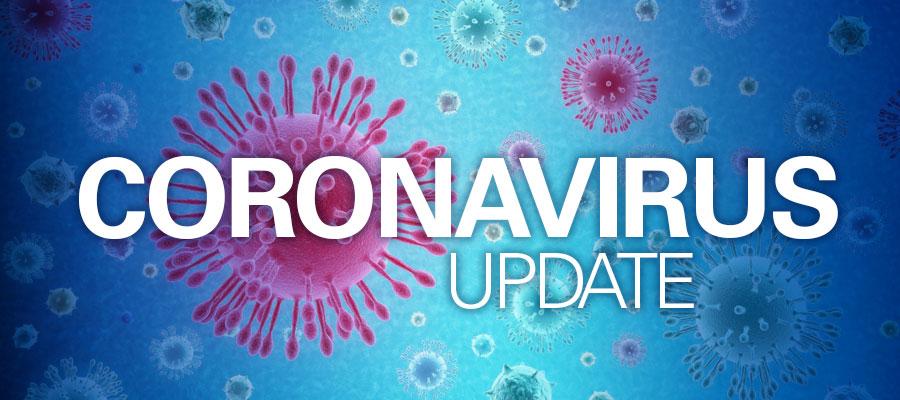At AHA congressional briefing, health system leaders discuss impact of COVID-19 on communities of color

During an AHA virtual briefing for lawmakers and staff, leaders from three health systems — One Brooklyn Health System, Grady Health System, and The Hospitals of Providence, part of Tenet Healthcare — discussed the impact the COVID-19 pandemic is having on communities of color and how their health systems are working with their communities to deliver high quality, culturally responsive care.
Among other topics, the health system leaders shared efforts they have undertaken to reduce inequities, including gaps in access to testing, treatment and vaccines; strategies to address the social determinants of health; and the importance of community partnerships.
LaRay Brown, president and CEO of One Brooklyn Health System in Brooklyn, N.Y., said when New York was at the height of the pandemic last April, 92% of the system’s intensive care unit beds were in use. While today the ICU isn’t quite as full, she said her hospitals are still dealing with significant challenges, including sustaining the emotional health of staff and supporting them.
In addition, One Brooklyn Health System is playing a pivotal role in vaccinating the community — vaccinating more than 20,000 individuals already — and Brown said that to overcome vaccine hesitancy, a trusted messenger is as important as the message itself. She emphasized the need to partner with and engage trusted community leaders, including faith-based leaders, law enforcement, and local elected officials in those efforts.
John Haupert, CEO of Atlanta-based Grady Health System and a former AHA Board member, talked about a number of partnerships the health system has developed with federally qualified health centers and other community organizations to address housing and food insecurity.
“We have established what we call food and medicine centers where our patients can procure food through a prescription written by our physicians,” said Haupert, explaining patients also can receive education on how to prepare the food and that Grady has made the program available in community health centers to increase its utilization.
AHA Board Member Nicholas Tejeda, CEO of the Hospitals of Providence, which serves patients in El Paso, Texas, and the Southwest region, said his organization is working on a number of efforts to address the social determinants of health, including education and food insecurity, and he discussed the importance of a diverse workforce.
In addition, he said lack of health insurance — even more than diabetes and hypertension — has been the top predictor of individuals acquiring COVID-19 in their community so the organization tries to “play a very large role in connecting people in the community with the Marketplace” to enroll in Medicaid and Affordable Care Act plans.
All three health system leaders said Congress can support hospitals and health systems through more funding for the Provider Relief Fund.
One Brooklyn Health System’s Brown also said there needs to be re-investment in communities, as well as organizations that serve those communities.
“It’s only if we have strong hospitals, strong community health centers and strong health care ecosystems in all neighborhoods that we can keep people healthy in this country and folks can then contribute to the economy and the wealth of this country,” she said.

